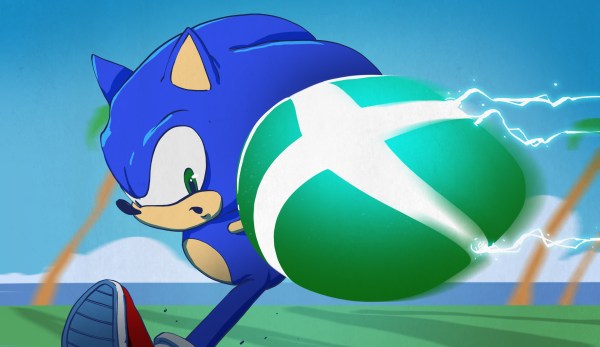Inspired by the N64: Recompiled project, XenonRecomp does something similar, except for the PowerPC-equipped Microsoft Xbox 360 game console. Based around the triple-core IBM CPU codenamed ‘Xenon‘, the Xbox 360 was released in 2005 and generally quite successful over its lifespan despite its Red Ring of Death issues. Although the current Xbox Series X supports running a number of Xbox 360 games, this is done via emulation and only 632 games out of 2,155 are supported.
This is where XenonRecomp not only promises turning the games into native (x86) software, but also allowing for a range of graphical improvements. Best of all, it allows for Xbox 360 games to be preserved instead of linked to an obsolete console. That said, much like with N64Recomp, it’s not a simple matter of running a tool over the PPC binary. You’re expected to have in-depth systems knowledge, with the tools in XenonRecomp assisting with the decompilation (into C++) and the recompilation into x86 binaries, but support for PPC instructions, VMX (vector instructions) and aspects like jump table conversion and (currently missing) MMIO support are likely to present an enterprising developer with hours of fun to implement and debug when issues arise.
Continue reading “Run Xbox 360 Games On Your PC With XenonRecomp”












